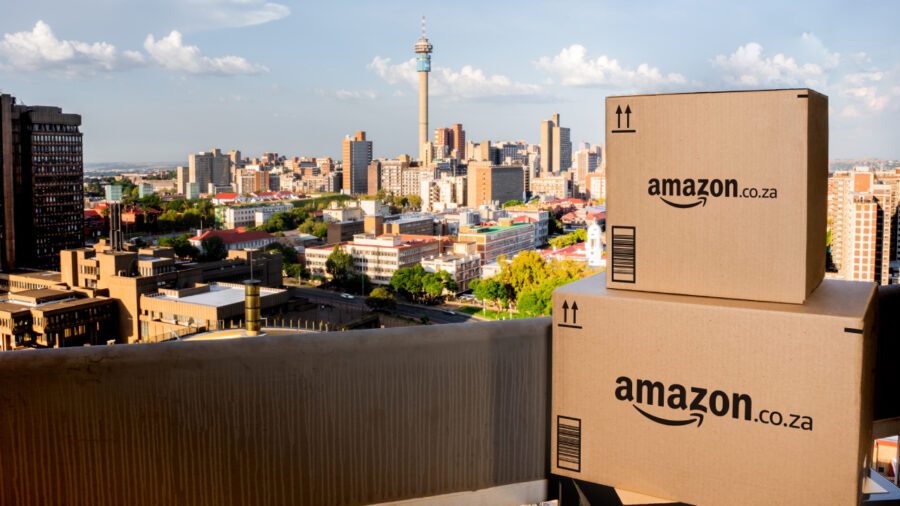Early Signs Show Amazon Ditching Fast & Furious For Slow & Steady In South Africa

Over a month after its highly anticipated launch, Amazon’s entry into South Africa’s e-commerce market has sparked more curiosity than disruption. While the retail giant’s arrival generated significant buzz, early signs suggest a cautious, measured approach.
This strategic slow burn contrasts with expectations of an immediate onslaught. Instead, the tech giant seems to be taking a slow and steady approach, leaving many to wonder – is this a calculated move or a missed opportunity?
South Africa’s burgeoning e-commerce scene provides the context for Amazon’s strategic play. As Discovery Bank’s SpendTrend24 report highlighted, South African shoppers are already familiar with Amazon, frequently visiting the US site – Amazon ranks as the third most visited e-commerce platform in the country, per the report.
With the online shopping scene thriving, boasting an estimated 9.3% annual growth rate, outpacing the global average, and a projected value exceeding USD 6.4 B by 2028, this flourishing market with its existing customer base, piqued Amazon’s interest.
“Building a strong relationship with South African brands and businesses — small or large — is incredibly important to us. We want Amazon.co.za to be the place where they can reach millions of customers,” said Robert Koen, Amazon’s managing director for sub-Saharan Africa, during last month’s official launch.
However, Amazon faces a formidable opponent in Naspers-backed Takealot, the reigning champion of South African e-commerce. Takealot enjoys the significant advantage of “local expertise,” as Bob Group MD Andy Higgins, one of Takealot’s co-founders, emphasised. He also argued that Takealot understands the nuances of the South African market and leverages the homegrown sentiment to resonate with local customers.
Industry analysts have suggested that Amazon’s initial strategy, while sound, hasn’t come with a knockout punch. Partnerships with local logistics companies, onboarding local and international sellers across an initial 20 product categories and free introductory delivery were decent first steps. But these hardly offer a compelling reason to choose Amazon over their established US store, and some products were even cheaper there, early reports show.
Also, the decision not to introduce Prime membership upon launching in South Africa—thus no media perks and no Prime-only service tiers like free shipping for a large trove of items—could make differentiation and stickiness hard to come by.
Takealot, seizing the opportunity, countered swiftly with the launch of TakealotMORE, a subscription service offering tiered memberships with free and express delivery options. As Takealot Group CEO Frederik Zietsman declared, this strategic move aimed to “revolutionise the online shopping experience and redefine convenience and value.”
While Google Trends data currently shows Takealot maintaining a strong search lead, underestimating Amazon would be unwise. Their execution prowess, financial weight, and global might have seen them muscle into new markets and go on to dominate. As Higgins cautioned, “Amazon’s global prowess could eventually lead to significant shifts in the market, especially if it decides to acquire a local logistics company.”
The slow burn approach could be a calculated move for Amazon. Industry observers note that it allows them to gather market intelligence, refine their offerings, and potentially build a more robust local presence. However, the jury’s still out on whether this cautious strategy will pay off against Takealot’s established dominance and the unique preferences of South African online shoppers.